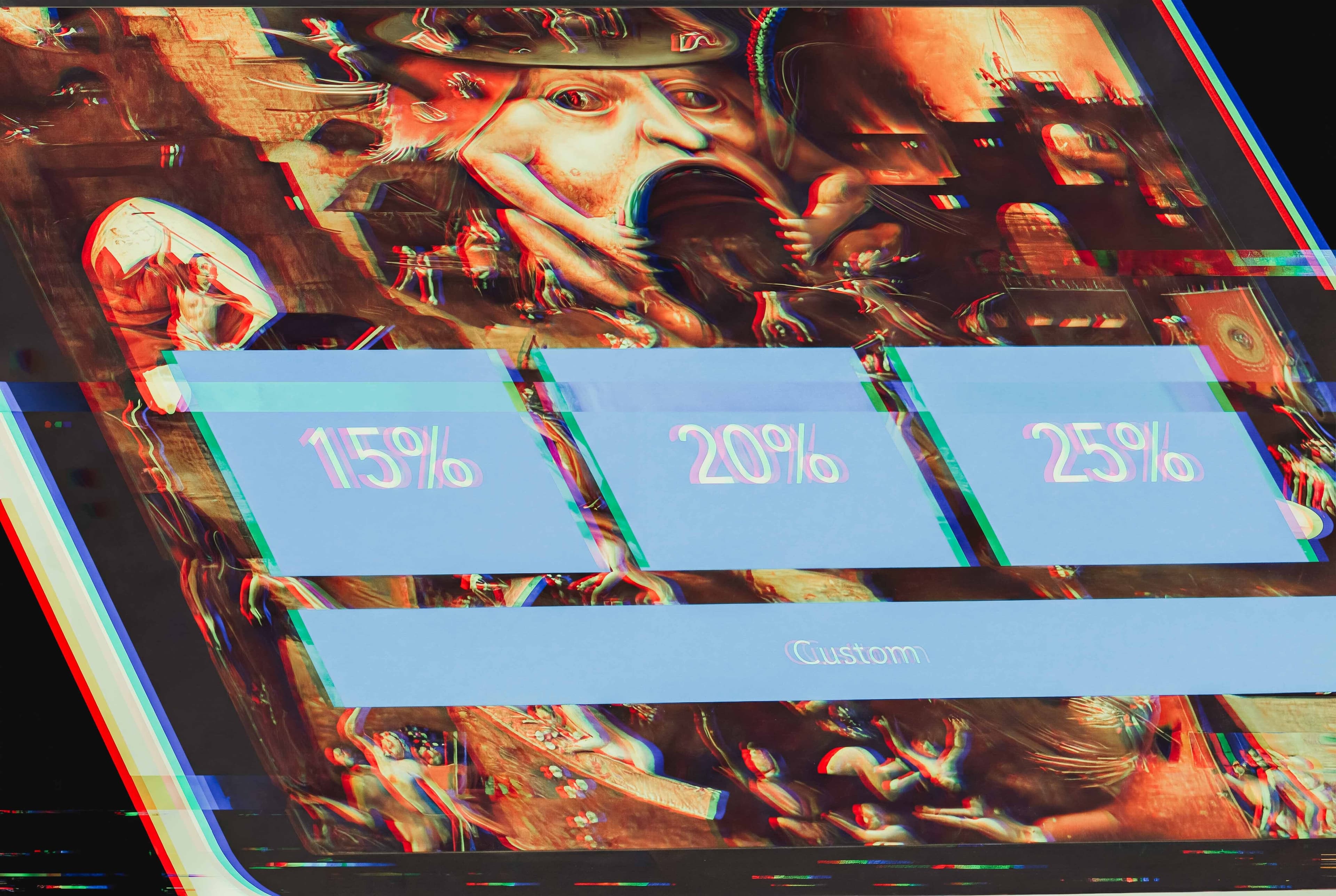By clipping life’s natural cellular process and looping it at the outset, we can create the flesh without creating the creature, growing animal tissues directly from animal cell cultures. This is the allure of cultivated meat: the finest nigiri, most flavorful steak, and juiciest chicken thighs, without the factory farming, ecological burdens, or risk of toxins and parasites that come with traditional meat sources. The real flesh, of real animals, complete with all of the requisite sensory pleasures and nutritional benefits, but without the life and death of an animal. While progress has been made, early cell-cultured meat products are nowhere near “fully animal” — extensive plant-based scaffolding and other supplementary structural ingredients are still necessary. The litany of technical, capital-related, consumer preference, and regulatory issues standing between the cultivated meat industry and the large-scale sci-fi future it prophesies seems almost existential. Can this once-burgeoning sector find a way to survive? I did some digging and talked to long-time industry leaders to find out.
Even before the technology has had a chance to mature, cultivated meat bans have begun sweeping across the United States and compounding the industry’s already monumental headwinds. Florida, Alabama, and now Mississippi have all passed legislation prohibiting the production or sale of cultivated meats, with states like Nebraska, Georgia, Michigan, and Arizona currently considering their own bans. (Pirate Wires previously covered the Florida ban, which was instituted last year.) Is the reflexive, viscerally suspicious reaction to “lab-grown” food, an overly broad moniker seen as pejorative by the industry, based in some sort of intuitive human wisdom? Or are these bans premature, leveraging misplaced public skepticism in a way that is detrimental to societal progress, driven by the Ludditic fuel of culture wars and entrenched agricultural interests? New innovations, after all, can often seem uncomfortable (or even dangerous) at first brush.



